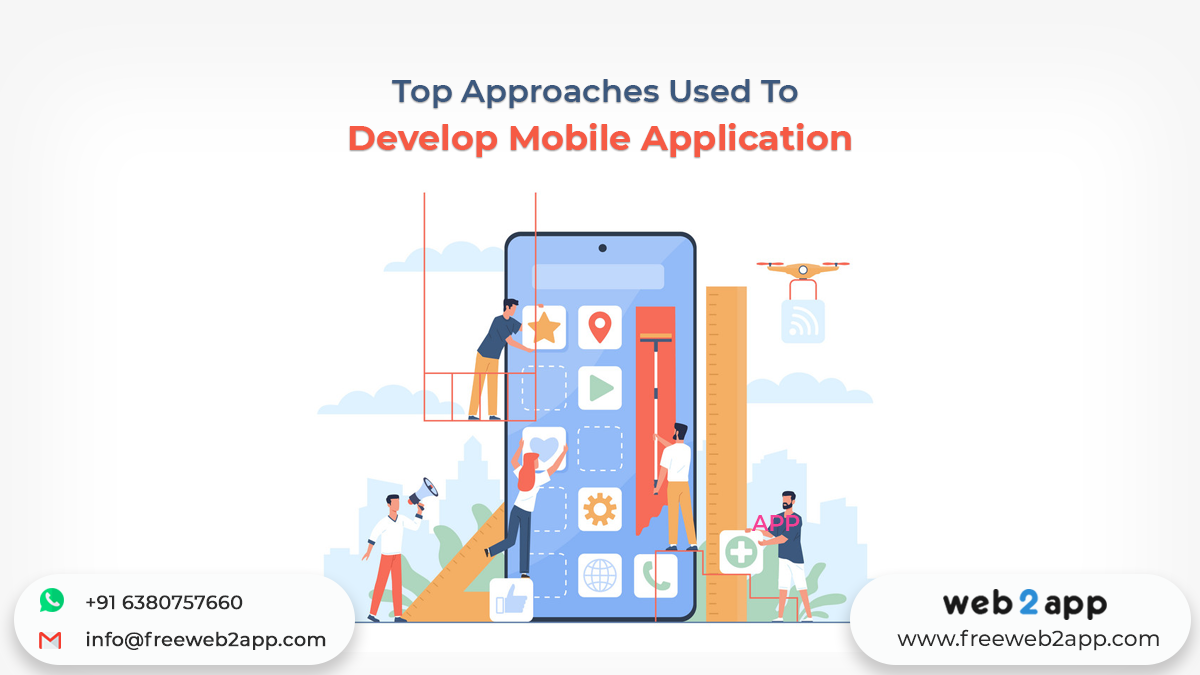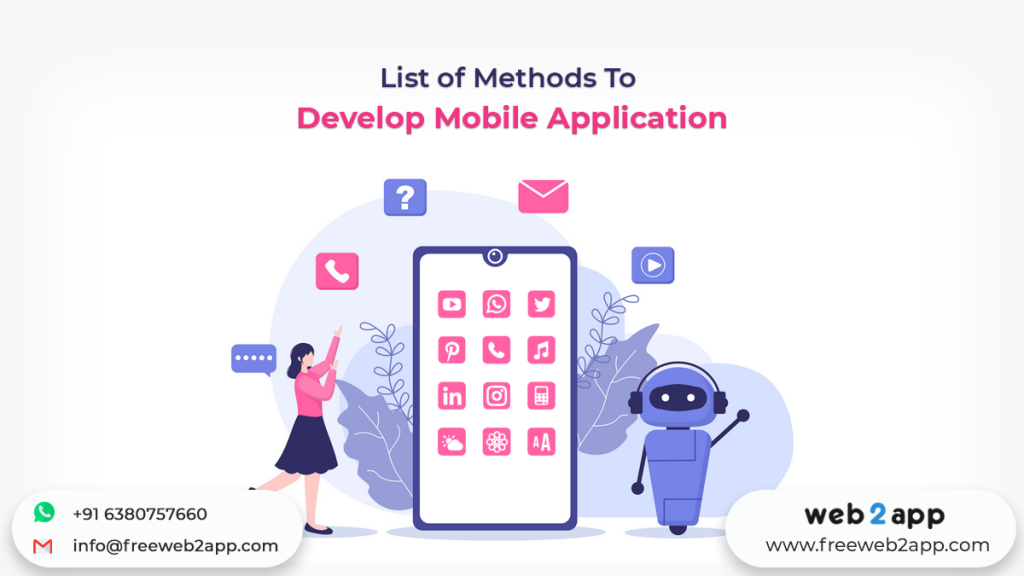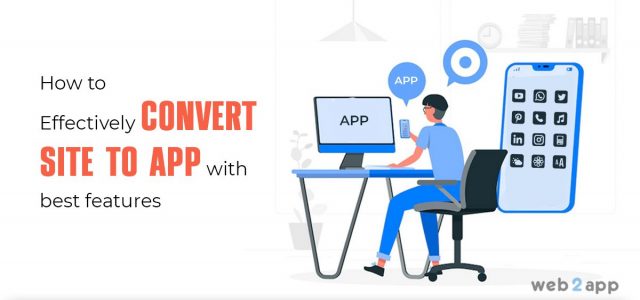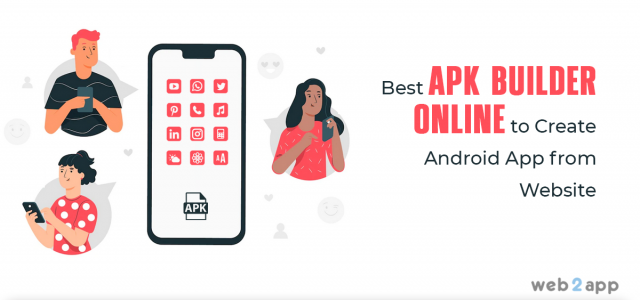The creation of a mobile app is a huge challenge. To develop mobile application that appeals to a wide range of consumers, mobile app developers must contend with a variety of operating systems, middleware, development tools, screen resolution, as well as a constantly changing technological environment. As if that weren’t enough, there seem to be a variety of approaches to developing mobile apps that development teams must consider before embarking on every new mobile app development. The method for developing a mobile app, on the other hand, can have the most impact on the project’s overall price, timeline, and profitability.
As smartphones are becoming the core platform for a wider online presence, the entrepreneurs are trying to bring in novel ideas to create customer-engaging mobile apps. However, a planned strategy is required to develop a high-performing, user-friendly, and cost-effective app. There are three key approaches to develop mobile applications.
Native Mobile Applications – can deliver a high level of performance and great user experiences.
Hybrid Mobile Applications – combines a native foundation with the flexibility of the web.
Progressive Web Applications (PWAs) – are a type of web application that allows businesses to be more flexible while maintaining a high level of functionality.
List of Methods To Develop Mobile Application
Native APP Development
Native App development entails the use of platform-specific scripting languages, development kits, SDKs, developer tools, and other tools offered by OS providers. As a result, developing native applications for multiple platforms demands using different technology frameworks.
Hybrid APP Development
In this approach, the app core is written using traditional web technology and techniques such as JavaScript, CSS, and HTML5, and then deployed within a native wrapper. The hybrid development technique develop mobile application that has the functionality of a typical web application and the customer experience of a native app. Significantly, when compared to native apps, the usage of a single code base allows for the cross-platform deployment, which results in lower costs.
Progressive Web Applications (PWAs) Development
Web-based mobile applications can run on a device in almost the same manner as native or hybrid apps work. But their development environments are significantly different. Because they run in a web browser rather than on the device’s operating system. Also, they have a considerable advantage that includes, the mobile app developers don’t have to design separate versions of the app for every mobile operating system. Web apps may adapt and scale to each OS environment with some restricted access to mobile hardware. These apps are often the least expensive to develop, maintain, update, and improve for any given company requirement. Almost every web application can be created in a single language and run on any device.
These are the top three approaches to develop mobile application for your business. If you are a business looking to get the mobile app with less time and money. You can simply convert your website to mobile app with the help of mobile app converters. Freeweb2app is the online tool to convert website to mobile app for both Android and iOS platforms. It turns your web2apk at an affordable cost and less time.
The transition from desktop to mobile has allowed businesses not only to embrace a mobile-first strategy. But adapt to mobile users as a primary source of new clients. Picking the right development strategy could be a million-dollar decision for your business growth.
Visited 1450 times, 3 Visits today









